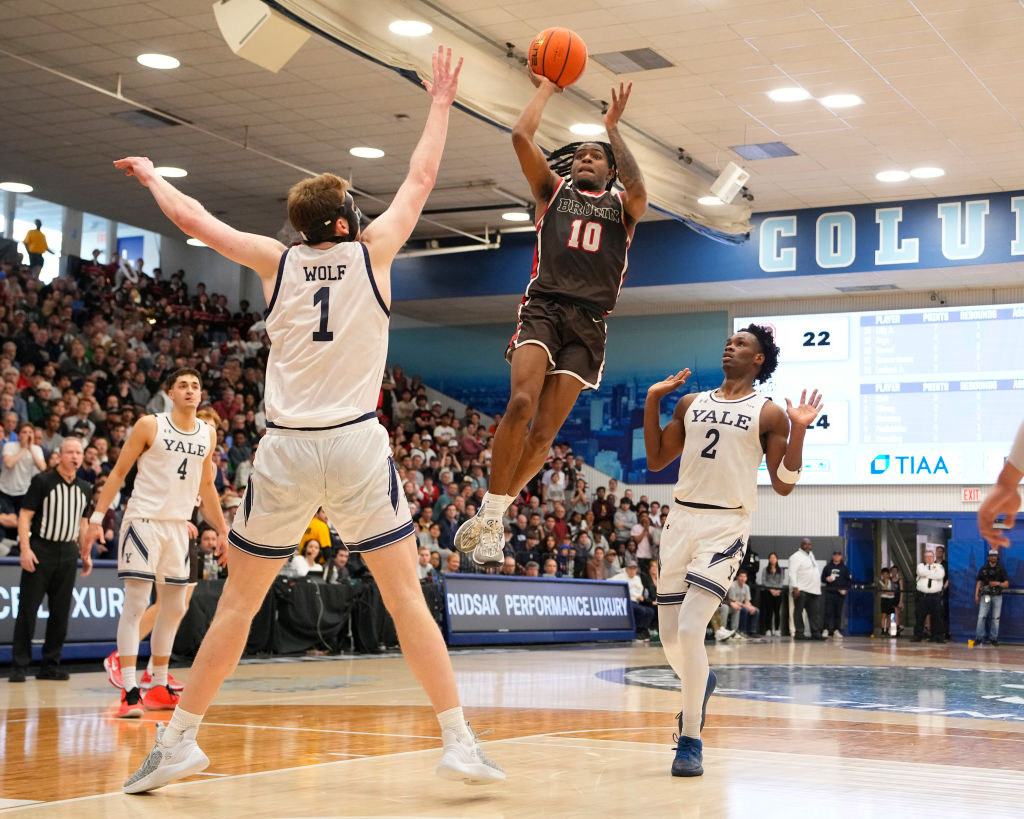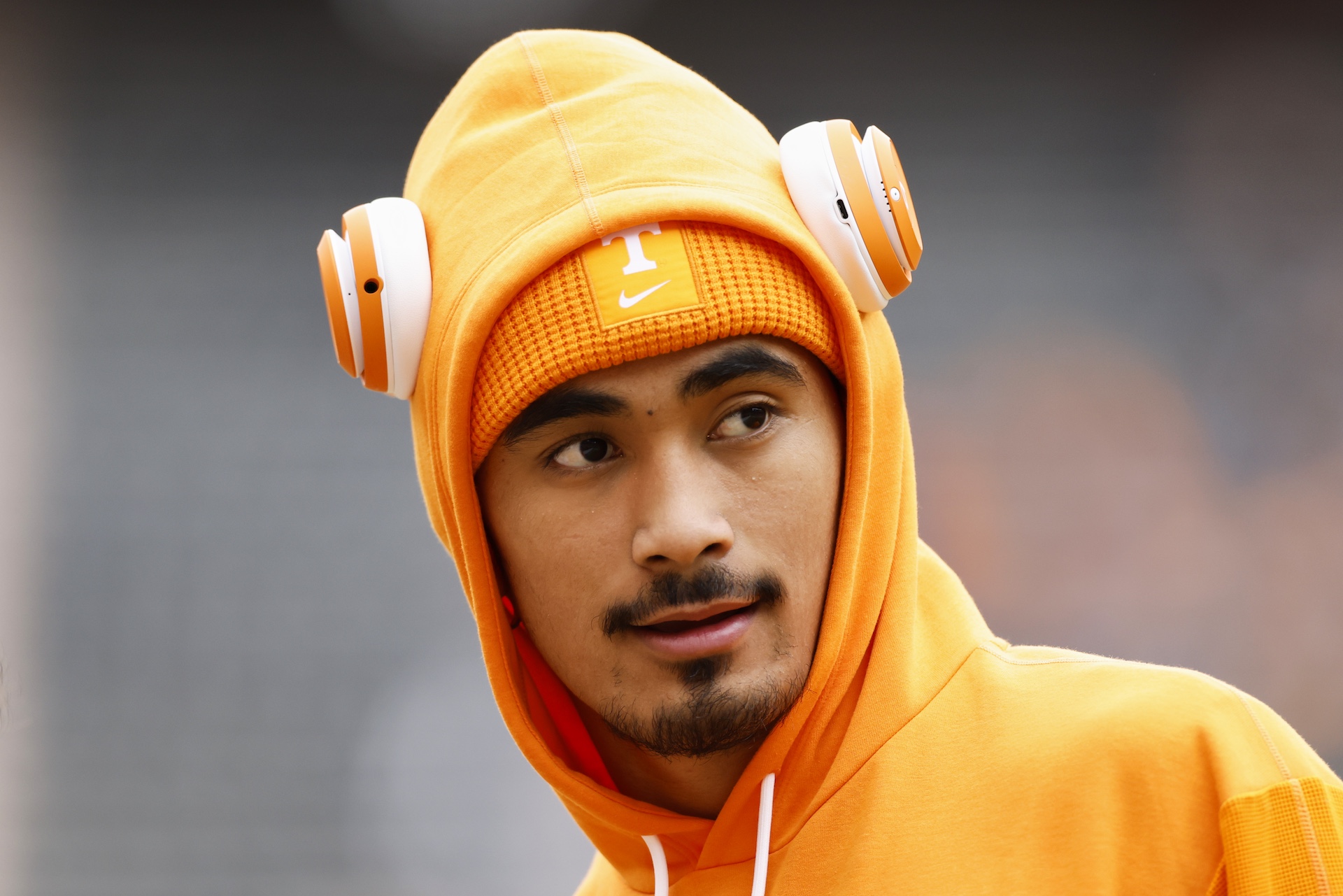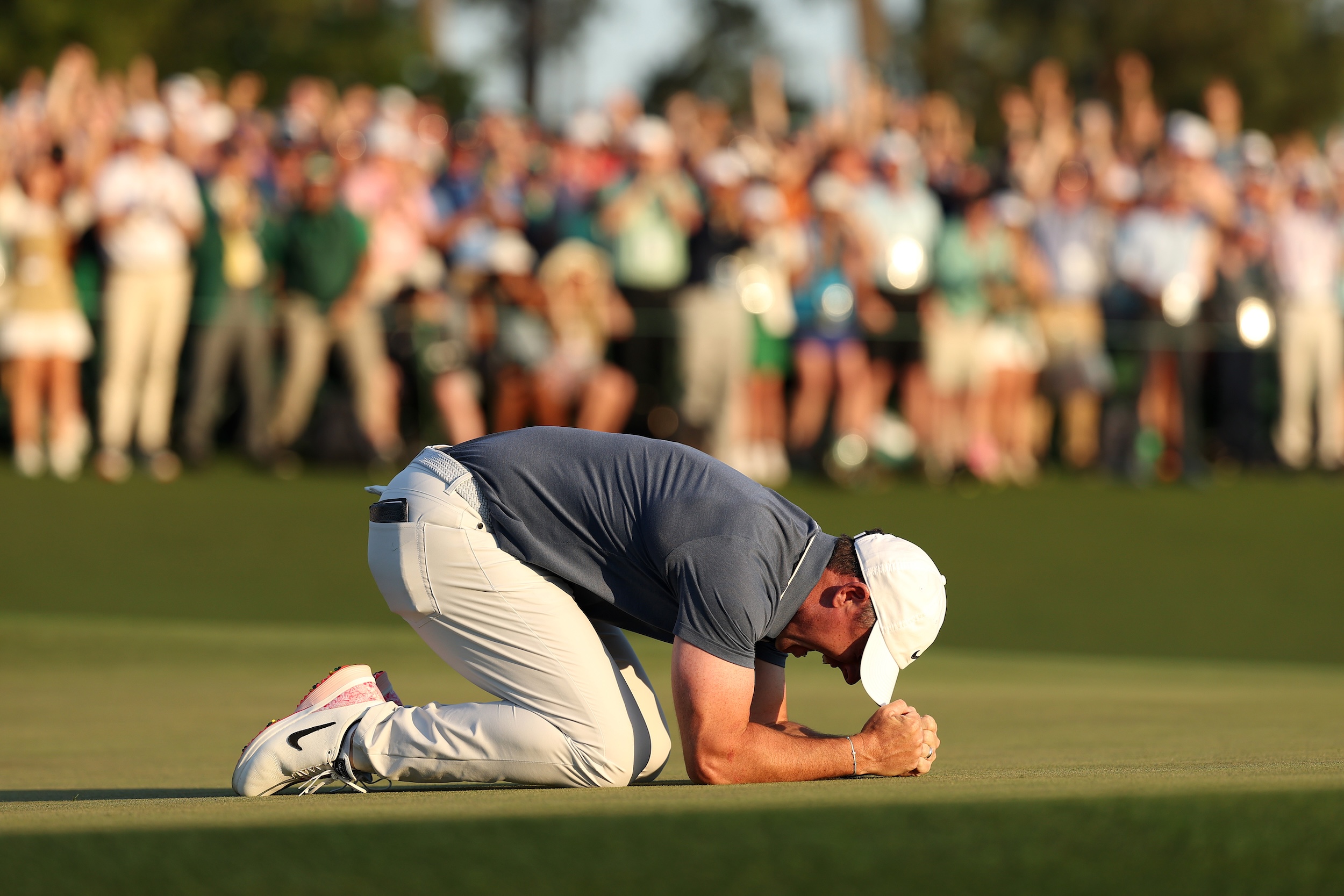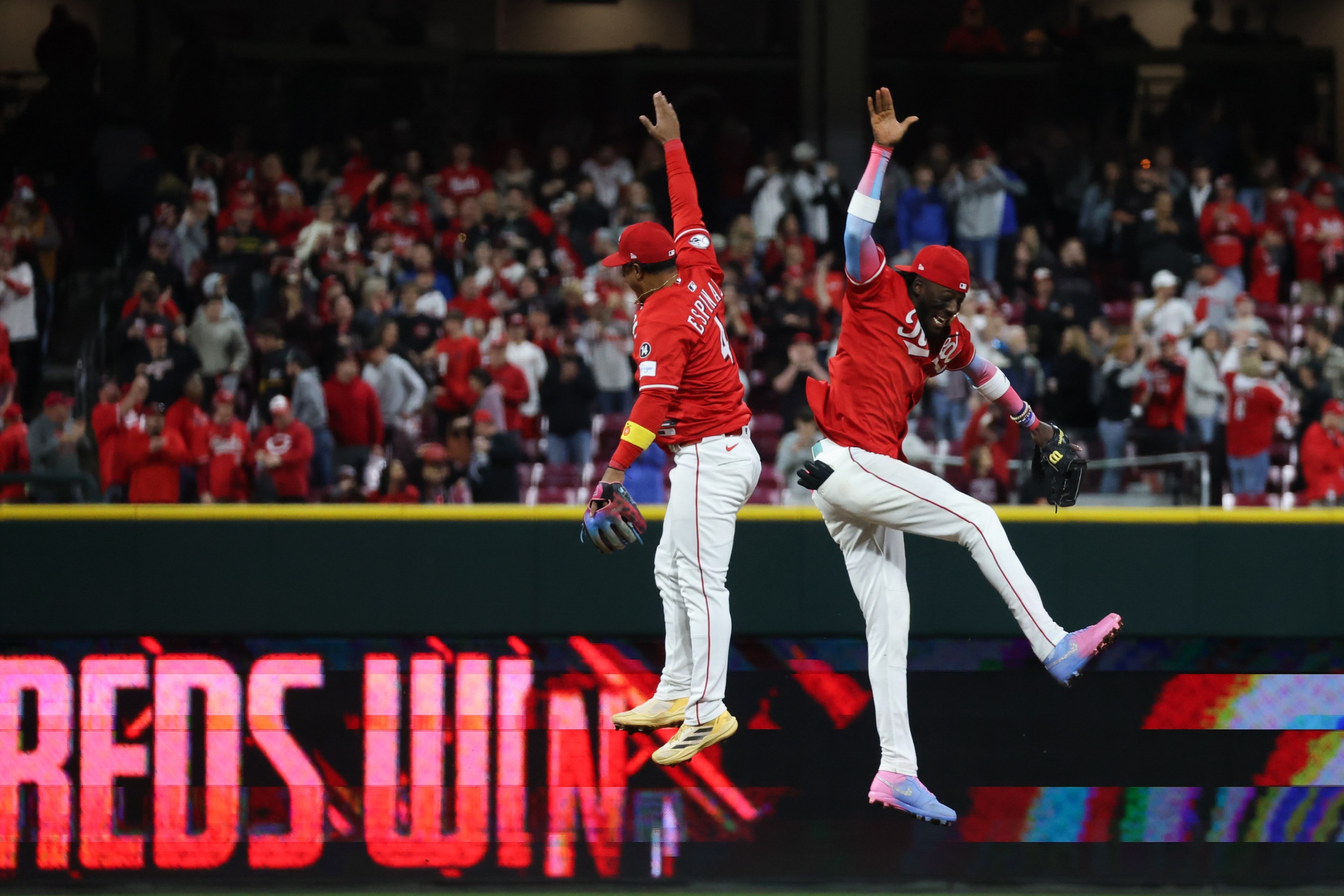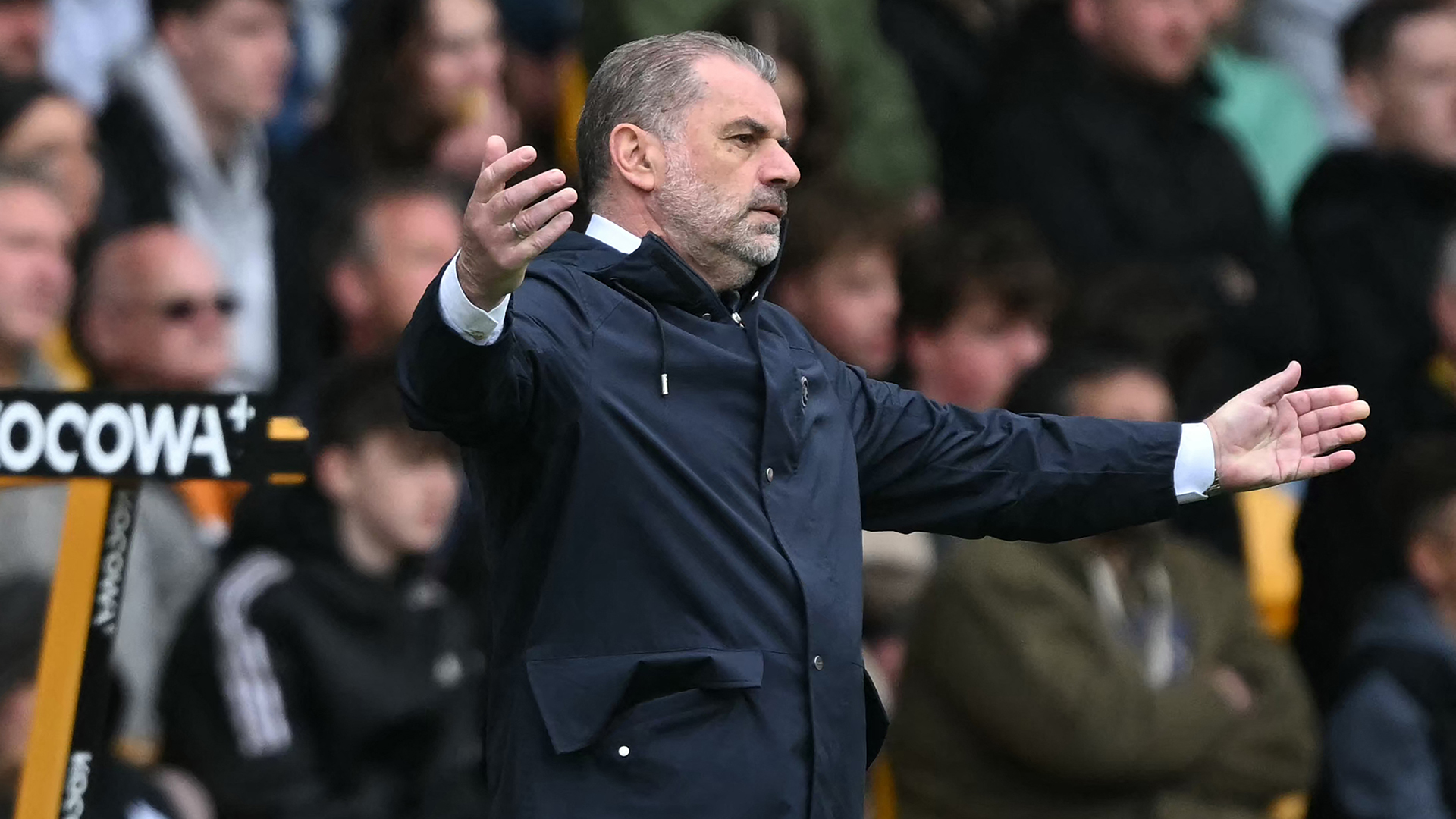COLUMBIA UNIVERSITY — Students at our treasured Ivy League institutions no longer measure success based on their arguments finding favor in the marketplace of ideas. Nowadays they confront each other through an illiberal contest in which each side takes turns shooting an orange ball into a round hoop, and in this cancel culture whistleblowers call "foul" when they witness what they deem to be "violent" acts of oppression.
Sorry. There's an East Coast media law that all articles about the Ivy League have to begin like this. As a Midwestern public-school lifer, I have no emotional connection to any of these places. I'm not invested in their drama. But for a couple of hours on Sunday afternoon, I fell in love with the men's basketball team of Brown. And then they swiftly crushed my heart.
I grabbed a ticket to the Ivy League tournament final a few weeks back because primo seats were remarkably cheap and I was interested in seeing high-pressure basketball in a venue as intimate as Columbia's Levien Gymnasium, whose capacity of 2,700 tops only a few dozen other D-I home courts. The stakes turned out to be even greater than I imagined. The No. 1 seed Princeton, upset merchants of last year's NCAA Tournament, fell on Saturday to a streaking Brown squad that won its last six games of the regular season just to squeak out an 8-6 record in conference play. Yale, after besting Cornell, thus entered the final as the heavy favorite to win its third conference tourney out of the last four. Brown, on the other hand, was a win away from its first NCAA appearance since 1986, and its second since 1939.
Though Columbia has enjoyed a surging women's team of late, men's games at Levien are typically bleak. The Lions' 1968 Ivy League championship banner hangs unaccompanied next to the LED scoreboard (not the big TVs on the other side), and with four wins in Ivy competition this year, the Lions tied their total from their last three seasons combined. But the roar was present in this low-ceilinged building on Sunday. Even though the favored Princeton had been sent home early, almost every seat was filled, many by kids too young to be in college yet. (Overheard: "Jayson Tatum is the greatest player of all time.")
While I must say that I've never seen a crowd show less enthusiasm during TV timeouts, even when explicitly encouraged to dance and make noise, they let it out when it mattered. Brown fans in particular struggled to quiet down even when their guys were at the free-throw line, and especially as the game stayed tight down the stretch, basically every result of every possession caused 40 percent of those in attendance to shout "Yeah!" In an airier arena, the noise can sometimes feel like it just permeates the space, like oxygen. But in such a compact gym like Levien, where half of the crowd stares directly at the other half, the overlapping chants of "Let's go Bulldogs" and "Let's go Bruno [the Bear]" felt like a force trying to pummel you, like when Lucy Van Pelt's shout flips Schroeder from his seat at the piano. If I can offer one bit of constructive criticism, it's that the bands were minimized in favor of arena recordings, but even before the game hit its highest-leverage moments, I got sad that it'll be years before the Ivy tournament is back here.
If Brown vs. Yale had a David vs. Goliath feel—assuming you can handle an Ivy wearing the label of underdog—the key players of the game made it almost literal. Kino Lilly Jr., the 6-foot, 165-pound point guard for the Bears, is the fuel that this offense can't function without, and the only man in the conference averaging over 35 minutes per game. (Brown truly looked lost without him for the one minute he sat on Sunday.) Yale, on the other hand, is led by the 7-foot, 255-pound Danny Wolf, who can control the inside while still moving with surprising agility around the perimeter. Wolf, with his black face mask and icicle limbs, is the guy you notice when you first walk into the gym. Lilly blends in at first but, after a few minutes of action, you can see that he wants the ball more badly than anyone else on the floor, and that the defense has fits trying to track him as he darts from one side of the court to the other or blazes toward the basket.
Wolf and Lilly each led all scorers and picked up double-doubles (rebounds and assists, respectively) in their Saturday appearances, so it seemed obvious that their production would determine Sunday's final score. By that measure, Brown won. Wolf was cold and tentative as a shooter, though he did find ways to impose himself down low. Lilly, by contrast, scored a game-best 21 points and looked exactly like that ideal sort of high-energy hound dog that you'll see giving a top seed fits in the mid-afternoon on CBS. He carried Brown through a sloppy start and some choppy waters, keeping the game close with his playmaking even when it didn't necessarily look like the Bears deserved it.
When the Bulldogs scored, it was because they had a strength advantage below the basket or had maneuvered into an open catch-and-shoot farther out. When Brown scored, it was because they somehow got up a shot that found the net. Neither squad was efficient, but one's success looked far more professional than the other's. Rising above the chaos was Lilly, who lit the way with plays like these two irrepressible mid-range escapades—the second of which gave Brown a four-point lead with a minute to go. He was intoxicating. I'm going to miss him.
The next two points were a pair of Lilly free throws with 27 seconds remaining, for a 60-54 Brown lead. The rest was brutal. While Wolf didn't tangibly factor into the final charge for Yale, his supporting cast ate up Lilly's in the sliver of game that none of these players will ever forget. Bez Mbeng's and-one drive promptly cut the Yale deficit in half. After Nana Owusu-Anane made a free throw to take the edge off just a bit, John Poulakidas nailed a three on another lightning-fast Yale possession. Malachi Ndur ended up with the ball after Brown ran a baseline football play that saw Lilly get trapped, and he missed both of his chances at the line.
Brown led 61-60. They gave a foul at half-court with six seconds to go. Off the inbounds a driving Mbeng connected with Matt Knowling on the bounce down low, and the senior forward floated a winner that split the gym in half. Frustrated Yale fans found salvation. Brown fans—a little hesitant about their chances at first, then totally all-in—were left questioning the supposedly noble motives of one James Naismith.
I, who had been thrilled by such a scrappy stab at greatness, became one of the mourners—rooted to the spot by shock for a bit before glumly trudging past revelers on my way to the exit. Then I remembered I didn't go to either of these schools and got a smoothie. But an uncomfortable notion lingered in my brain. Despite their vaunted status as the pinnacle of American education, it is clear that the so-called elites are not open-minded enough to handle the most heterodox position of all: Brown earning a spot in the NCAA Tournament.
